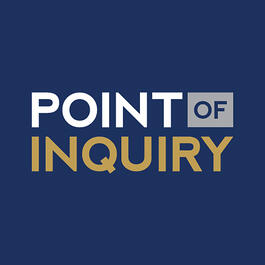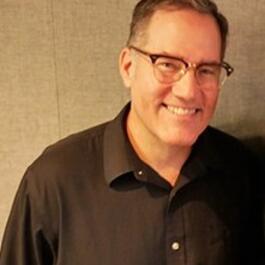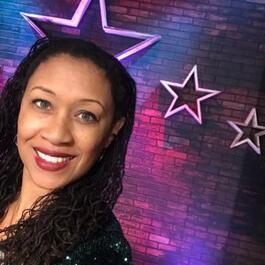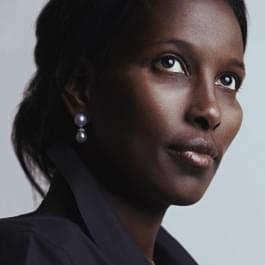
Ayaan Hirsi Ali - The Caged Virgin
Ayaan Hirsi Ali was born in Mogadishu, Somalia, was raised Muslim, and spent her childhood and young adulthood in Africa and Saudi Arabia. In 1992, Hirsi Ali came to the Netherlands as a refugee. She earned her M.A. in political science and worked for the Dutch Labor party. She has served as a Dutch parliamentarian, fighting for the rights of Muslim women in Europe, the enlightenment of Islam, and security in the West. She was named by Time magazine as one of the 100 most influential people in the world, and by Reader's Digest as "European of the Year." She is the author of The Caged Virgin: An Emancipation Proclamation for Women and Islam, and the acclaimed Infidel. In this conversation with D.J. Grothe, Ayaan Hirsi Ali recounts opportunities that have allowed her to become emancipated from Islam, emphasizing that every woman in Islamic societies can likewise work against oppression and "have faith in reason." She talks about how 9-11 was a turning point in her "gradual process of enlightenment" to renounce Islam. She explains why she rejects Islam and all religions, even while recognizing that religion has some positive characteristics. She draws distinctions between favorable concepts of God in Judaism or Christianity versus destructive concepts of God within Islam. She argues that Islam, unlike Christianity and Judaism, is not a just a religion, but is a political ideology at its core, and that it is fundamentally incompatible with liberal democracies. She contends that anyone who cares about the freedom of individuals should work to "defeat Islam." She recounts how gay rights figured prominently in her initial decision to speak out and write as a Muslim apostate. She explores why Islam needs its own Voltaire, and why it has been so difficult for Islam to have its own Reformation or Enlightenment. She shares examples from the Koran that demand from Muslims complete submission, even at the expense of one's empathy and conscience. She talks about reform movements within Islam, including Bahá'í, the followers of Āgā Khān, and Ahmadiyya, and why they have failed to moderate the core political ideology of the Muslim faith. She talks about every individual Muslim is commanded in the Koran both to do good and to punish evil, and the implications of this doctrine for the rule of law in society. She talks about why liberal reinterpretation of religious texts is easier in Christianity and Judaism than within Islam. She discusses her own experience of female genital mutilation, and how the practice is used to enforce the dogma of virginity. She compares and contrasts female genital mutilation with male circumcision, and argues that both practices -- cutting into the bodies of children based on religious belief -- should be stopped. She talks about her involvement in slain director Theo van Gogh's movie Submission, which focused on how Islam harms women. She defends 17-year old Rifqa Bary's decision to convert from Islam to Christianity, even though in Ayaan Hirsi Ali's view it is just going "from one superstition to another." She expresses outrage at the death threats and other reactions from the Muslim community to Bary's decision. And she explains how situations like Bary's and Van Gogh's murder, along with the death threats that she has received, only motivate her to speak out more, because "it is a worse kind of death to be alive but to be silenced."
From "Point of Inquiry"





Comments
Add comment Feedback